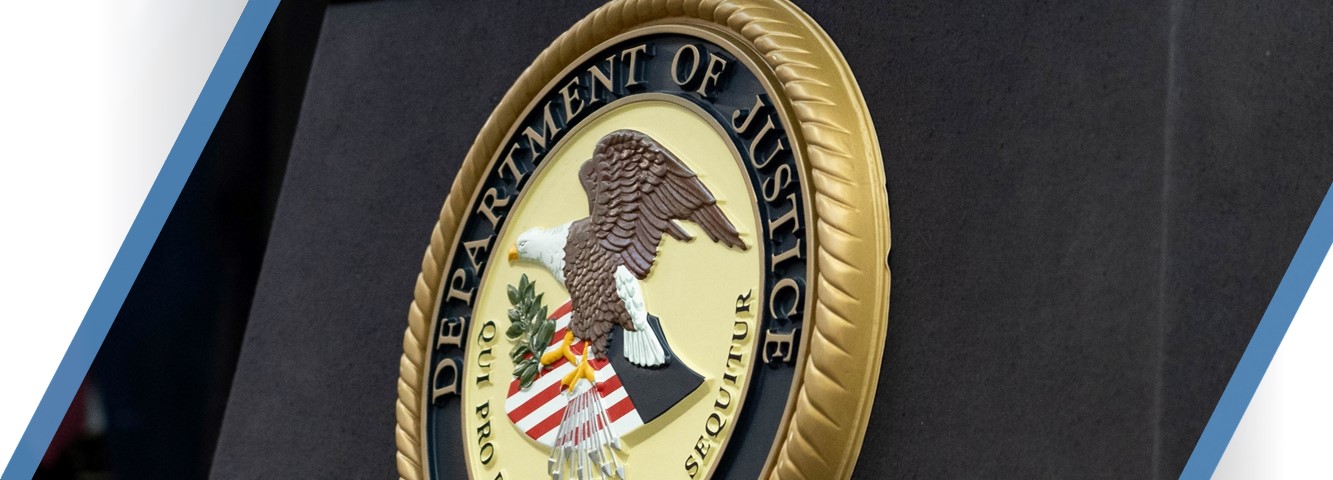Disclose for Declination – DOJ Announces New Safe Harbor Policy for Voluntary Disclosures in Mergers & Acquisitions
October 9, 2023 – Legal Alerts
The Department of Justice (DOJ) hopes to incentivize timely disclosure of misconduct uncovered during the M&A process with the announcement of a Department-wide Safe Harbor policy on October 4, 2023. The policy, which applies across the entire DOJ, shields companies from criminal prosecution for misconduct they discover in companies they are acquiring or have recently acquired.
The policy states that acquiring companies that promptly and voluntarily disclose criminal misconduct within the Safe Harbor period, cooperate during the investigation and engage in timely and appropriate remediation, will receive the presumption of a declination – or an exercise of the government’s discretion not to bring charges.
Qualifications and Limitations
To qualify for the presumption, disclosure of misconduct discovered at the acquired entity must be reported within six months from the date of closing, whether the misconduct was discovered pre- or post-acquisition. The acquirer will have a baseline of one year from the date of closing to remediate the misconduct. However, depending on the facts and circumstances of a transaction, the baseline deadlines can change. For example, in situations involving national security, companies should not delay disclosure or remedies. Aggravating factors such as egregious or pervasive misconduct, or significant profits made from the misconduct, will not impact the ability to obtain a declination.
The presumption applies only to criminal conduct discovered and not to information that was already required to be disclosed, already known to the DOJ, already publicly known or civil merger enforcement. Additionally, in order to qualify, disclosure must also be paired with cooperation in any investigation and appropriate remediation.
Key Considerations for Buyers and Sellers
- The new policy encourages self-disclosure. Deputy Attorney General Lisa O. Monaco reiterated that a company will be subject to full successor liability for misconduct that was concealed or not discovered through effective due diligence.
- Invest in Compliance and Due Diligence: A strong and effective corporate compliance program can help flag misconduct that should be reported and a robust due diligence process should be followed during the acquisition.
- While disclosure is now incentivized, eligibility for the policy’s full benefits requires self-disclosure, cooperation during any investigation and proper remediation. Taking advantage of this safe harbor policy results in non-prosecution by the DOJ, but other financial consequences could arise due to the disclosure. Companies should continue to include financial protections in purchase agreements to cover the costs of investigations or other financial penalties that could arise.
- Move Fast: For surprises that come from the seller post-closing, buyers should move quickly and increase the speed of investigations to ensure they meet the baseline time periods.
- Misconduct disclosed under this policy will not affect any recidivist analysis for the acquiring company in the future or at the time of disclosure.
* Caroline Rice is a law clerk and not yet licensed to practice law.

